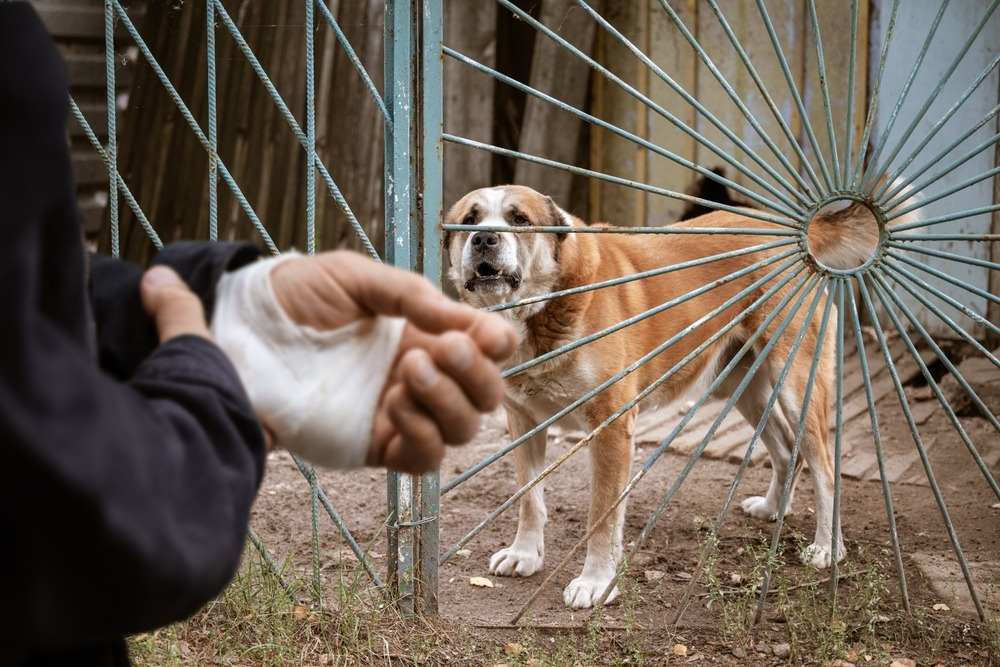Picture this: You’re wandering through a cozy pet store, imagining life with a fluffy new friend, when suddenly—CHOMP—you’re receiving a not-so-welcome greeting from a customer’s dog. It was not exactly the bonding moment you had been hoping for. While pet stores are usually places of joy, wagging tails, and excited yelps, accidents happen, and a dog bite can turn a routine visit into a painful, stressful ordeal, potentially requiring the expertise of a personal injury lawyer tyler. If you ever find yourself in this unfortunate situation, here’s exactly what you need to know.
First Things First: Take Care of You
The absolute priority? Your health. Even if the bite doesn’t look serious, dog mouths harbor bacteria that can lead to infections. Clean the wound immediately with soap and warm water. Apply antiseptic, and if there’s any bleeding, apply pressure and cover the bite with a clean bandage. Head to urgent care or your doctor immediately if the skin is broken. You may need a tetanus shot or antibiotics.
It’s also important to document the injury: take clear, time-stamped photos of the bite and any torn clothing, and write down exactly what happened while it’s fresh in your mind. This will be useful if you need to file an insurance claim—or, heaven forbid, go to court.
Identify the Dog and Its Owner
Before you leave the scene, gather information. Politely but firmly ask for the name and contact details of the dog’s owner. If the bite occurred inside a pet store, it’s likely caught on security cameras—ask a manager if video footage is available and request that they preserve it.
You’ll also want to ask about the dog’s vaccination history, particularly rabies shots. If the dog’s owner can’t provide proof, your doctor may recommend post-exposure treatment, which is no one’s idea of fun.
Report the Incident
File a report with your local animal control or public health department. This step isn’t just about holding the owner accountable—it’s also crucial in determining whether the dog poses an ongoing risk to others. In many areas, if a dog has a history of aggressive behavior, there may be stricter consequences, and authorities need that information to make appropriate decisions.
Also, be sure to notify the pet store. Even if it wasn’t their dog, the incident happened on their premises, and they need to be aware of any liability or potential risk to future customers.
Know Your Rights (and Their Responsibilities)
Legally speaking, dog bite laws vary by state, but in many places, the dog’s owner is held strictly liable for injuries their pet causes. If the owner brought their dog into the store, they could be responsible for your medical bills, lost wages, and pain and suffering.
However, things can get complicated. What if the store had a policy against non-service animals and failed to enforce it? What if the bite occurred in a state that follows the “one bite rule,” where the owner must have known the dog had aggressive tendencies beforehand? This is where it helps to talk to a lawyer.
And speaking of lawyers…
Wait—Why Would I Call a Lawyer?
Here’s the twist: attorneys often handle many personal injury cases, like dog bites. It might seem odd, but these lawyers are well-versed in personal liability, complex insurance matters, and navigating emotional, high-stakes situations—all of which are present in both dog bites.
So if your usual image of a personal injury lawyer tyler involves car accidents and dramatic courtroom exits, think again—they may be just the right person to help you navigate the legal maze after a pet store nip.
The Bottom Line
Getting bitten by a dog while shopping for a new furry friend quickly turns a dream into a nightmare. While your first instinct might be to downplay the incident or brush it off, taking the right steps—from getting medical care to reporting the bite and understanding your legal options is essential. And when it comes time to seek legal guidance, don’t be surprised if the best person for the job is the same one who helps people untangle their lives during a mess. In both cases, it’s about protecting your rights, health, and future, and nothing is more important than that.

.jpg)




